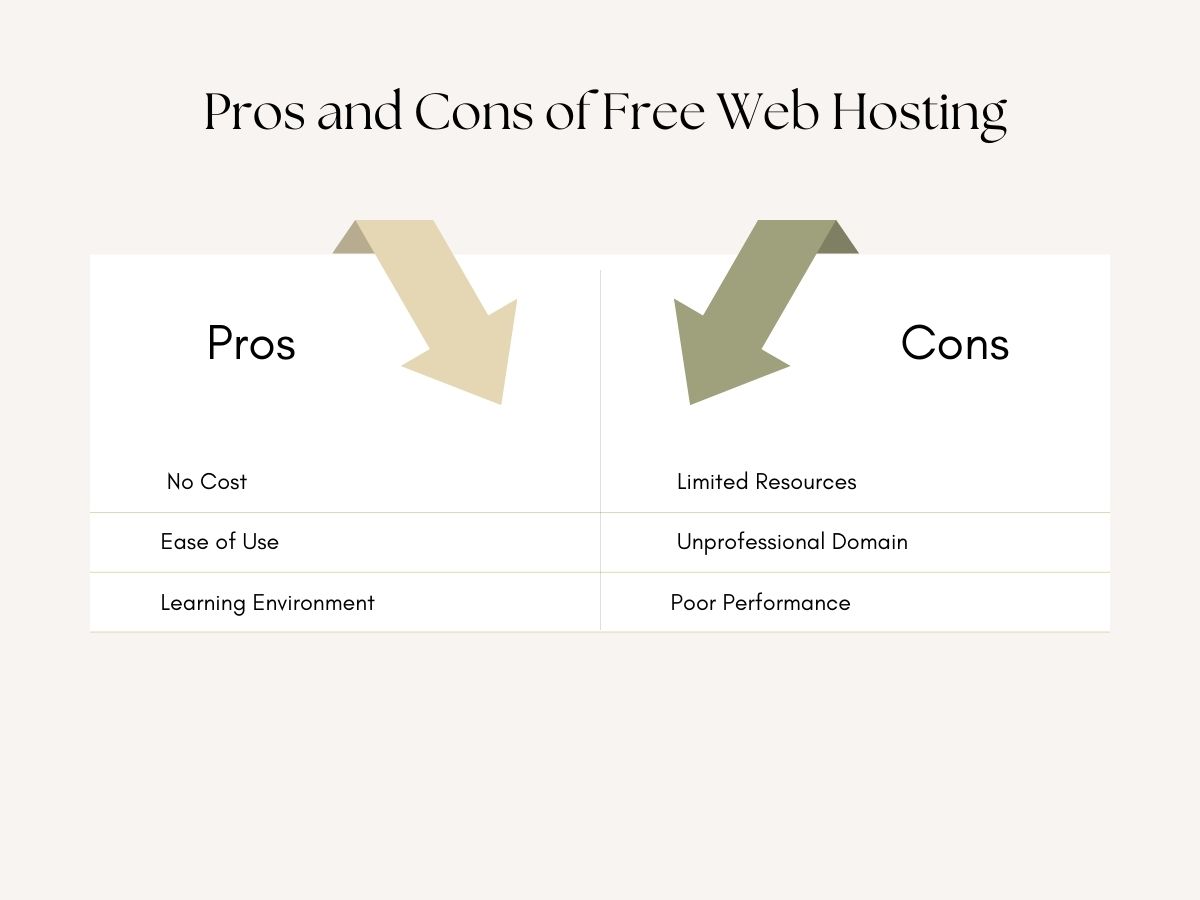
Understanding the Basics of Web Hosting
Whether you’re setting up a personal blog or a full-fledged online business, understanding web hosting is an essential step towards establishing an online presence. Web hosting can seem complex and overwhelming, especially if you are new to the digital landscape. This article simplifies web hosting, helping you understand its basics and why it’s integral to the functioning of your website.
What is Web Hosting?
Website hosting is a service that enables websites to be published on the internet, making them accessible to users around the world. A web host, or web hosting service provider, offers technologies and services needed for the website to be viewed online. Websites are hosted or stored on special computers called servers. When internet users want to view your website, their computers connect to your host’s server, and your web pages are delivered to them.
Different Types of Website Hosting
There are various types of web hosting, each designed to meet different needs. The primary categories include:
Shared Hosting
As the name suggests, shared hosting involves sharing a server with other websites. It’s an economical option where you share server resources (like CPU time, memory, and disk space) with other websites. However, performance may be affected if other sites on the server experience high traffic.
Dedicated Hosting
Dedicated hosting provides you with an entire server for your website. This powerful hosting solution gives you total control over the server and its resources, leading to superior performance. However, this advantage comes at a higher cost and requires more technical knowledge to manage the server.
Virtual Private Server (VPS) Hosting
VPS hosting works as a middle ground between shared and dedicated hosting. It uses virtualization technology to provide you with dedicated resources on a server shared with other sites. It’s less costly than dedicated hosting, but provides a significant performance boost compared to shared hosting.
Cloud Hosting
Cloud hosting involves having your website data spread across multiple interconnected servers, forming a “cloud.” This setup allows for easy scaling of resources and ensures high availability and redundancy, as your site is not dependent on a single server.
Picking a Website Hosting Provider
Choosing a web hosting provider shouldn’t be done arbitrarily. Consider factors such as uptime guarantee, availability of customer support, the offered hosting types, scalability, and price. Reviews and testimonials can also provide insights into the reliability and performance of the service provider.
Key Features of Website Hosting Services
Here are some fundamental features that you should expect in a website hosting service:
1. Storage: Determines how much data you can store on the server. This directly impacts the number and complexity of web pages, images, videos, or other files you can have on your website.
2. Bandwidth: Refers to the amount of data transfer that occurs when users visit your website. Sites with high traffic or heavy content (like videos) require more bandwidth.
3. Uptime: The amount of time the server is up and running, available to visitors. A good hosting provider should offer an uptime of at least 99.9%.
5. Support: 24/7 customer support via multiple channels (like phone, email, chat) is a must-have feature.
Conclusion of Website Hosting
Understanding the basics of web hosting is the first step in launching your online presence. By distinguishing the types of hosting and recognizing essential features, you can choose a hosting service that best meets your website requirements. Remember, an optimal hosting service is fundamental to the success of your online endeavor, ensuring your website is accessible, fast, and secure.







